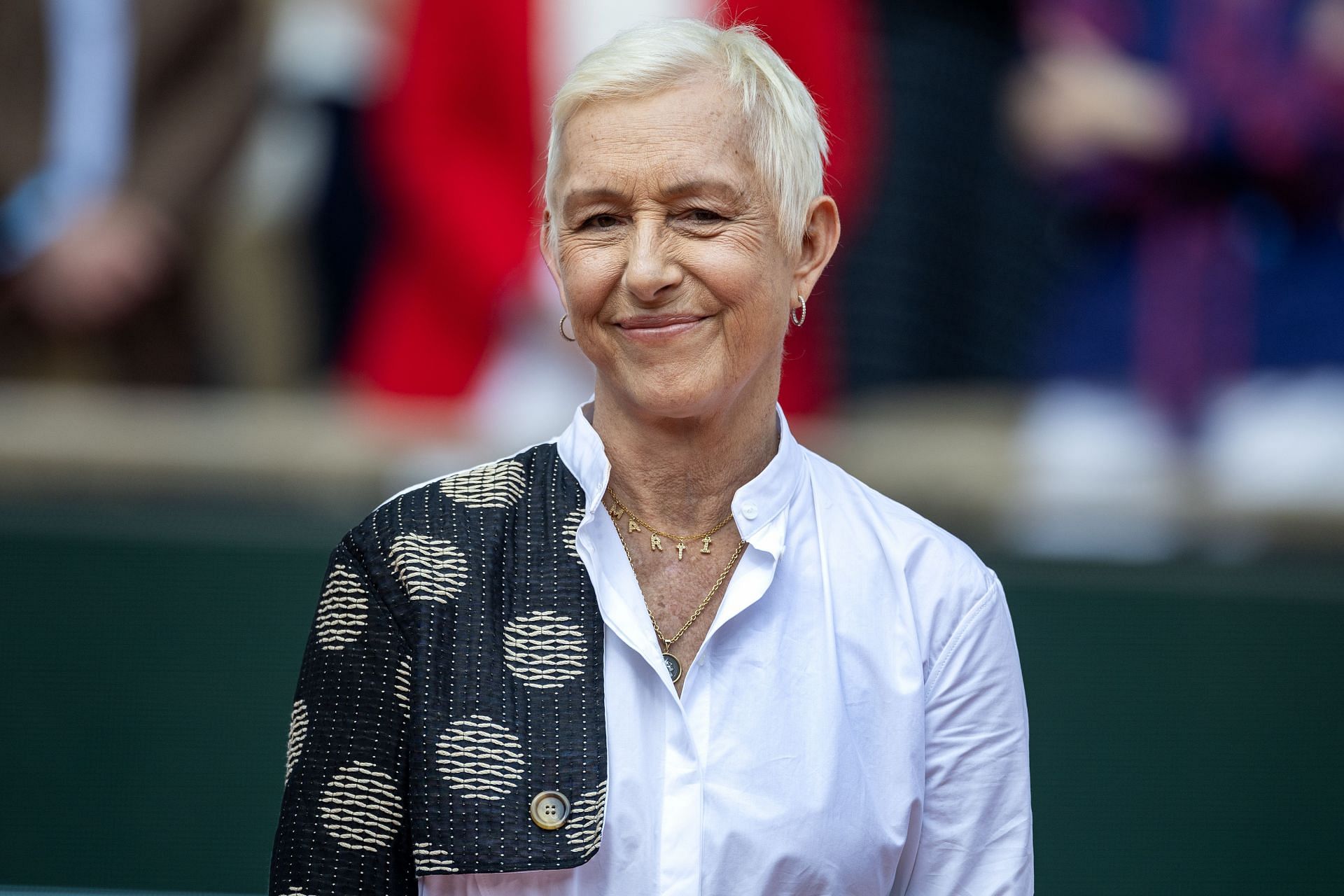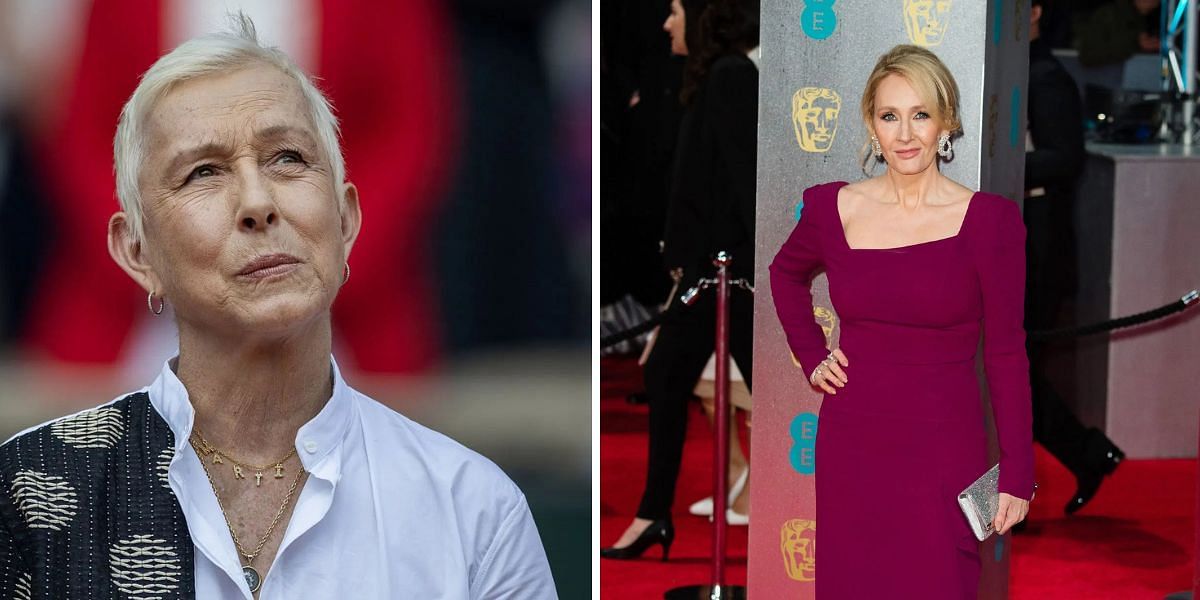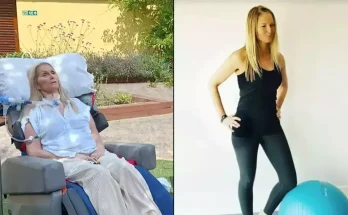Martina Navratilova responds to J.K. Rowling’s stark reaction to India Willoughby’s criticism of the author’s ‘Gender-Critical’ views
Martina Navratilova appeared impressed by renowned author J.K. Rowling’s firm response to transgender broadcaster India Willoughby. The debate began when Willoughby praised the concept of in vitro fertilization (IVF) for helping women have children, but then challenged Rowling’s views on the subject.
In response, J.K. Rowling stated that undergoing IVF doesn’t change a woman’s identity, as only women can undergo the procedure. The author further added a sarcastic statement for Willoughby.
Martina Navratilova later reacted to Rowling’s remarks by writing:
 Martina Navratilova at the French Open Tennis Tournament – Image Source : Getty
Martina Navratilova at the French Open Tennis Tournament – Image Source : GettyNearly two years ago, Rowling announced the launch of Beira’s Place, a new support service for women victims of sexual violence. Per the author, the service will be free of cost for the victims.
In addition, the American legend has consistently supported women’s sports and advocated for distinct “sex-based spaces” for women.



